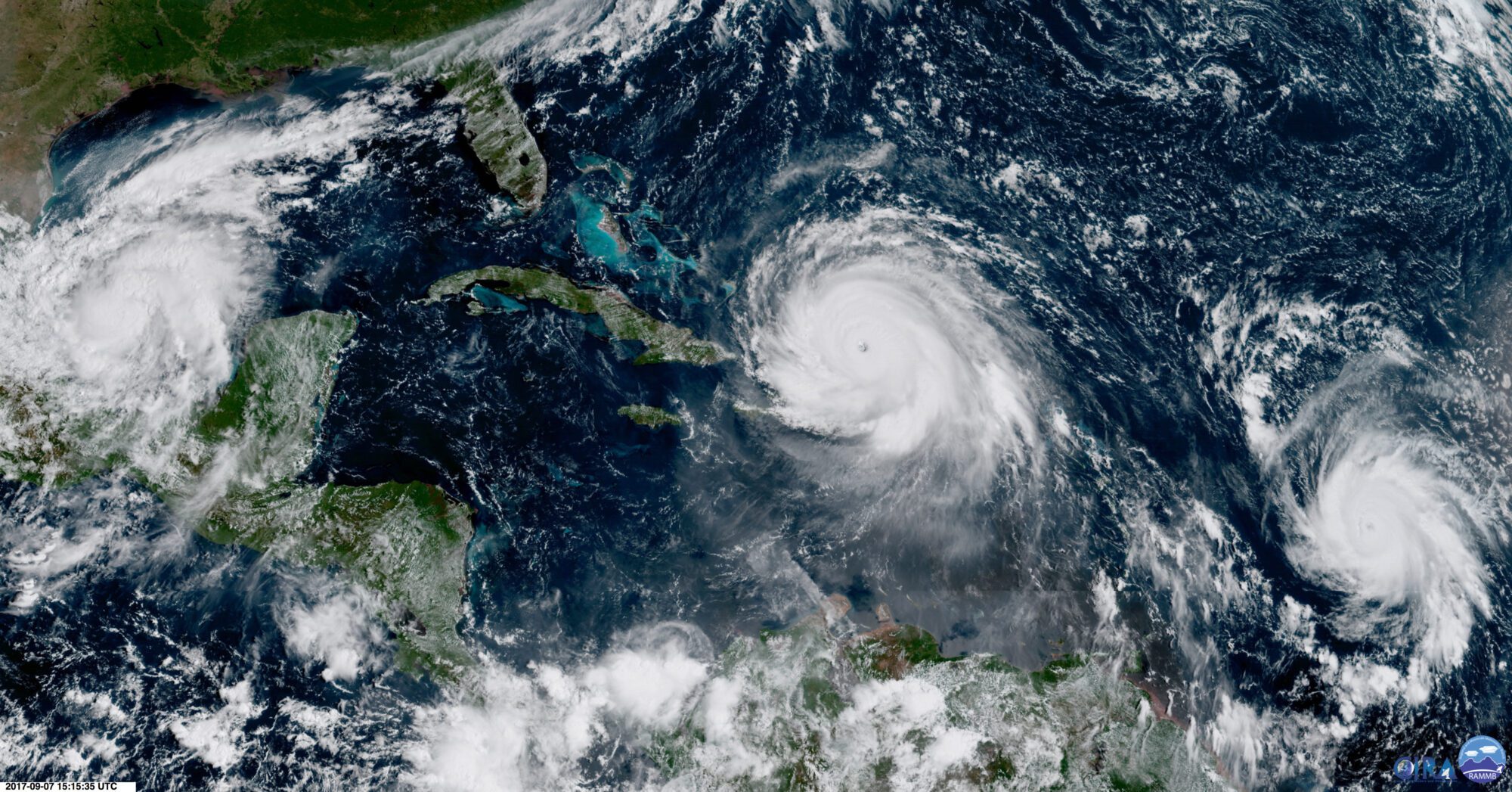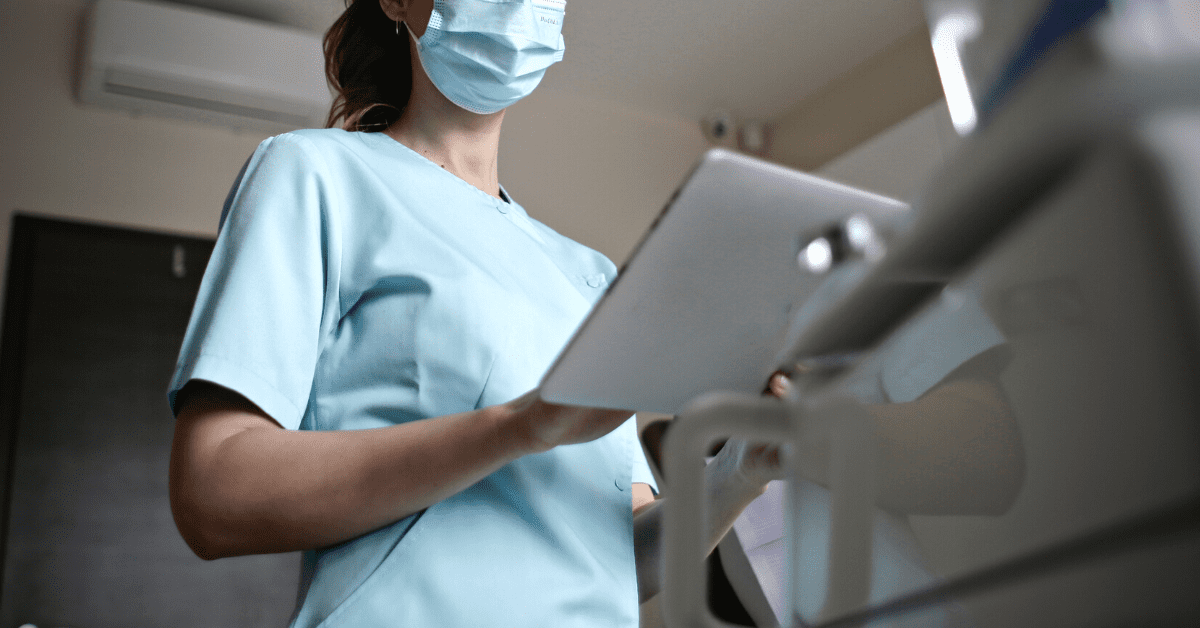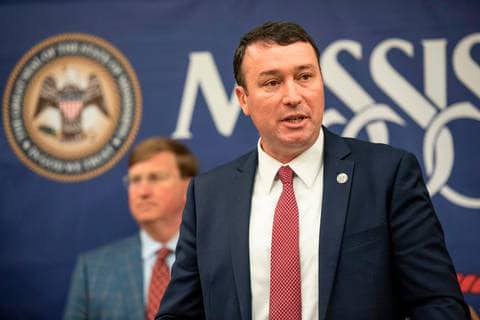
Destigmatization of seeking care, lingering effects of COVID seen as factors in the increase of students seeking help with mental health.
Mississippi’s public universities are responding to a growing need to provide students and staff with mental health services.
Results from the Healthy Minds Study as reported by the American Psychological Association show about 60 percent of college students were dealing with some form of mental health issue in 2021. The study was compiled by gathering data from more than 300 campuses from across the country. It showed a 50 percent increase in mental health related issues since 2013.
Colleges such as Mississippi State, Ole Miss, Jackson State University, and the University of Southern Mississippi have been offering services for mental health for years.
At Mississippi State, students have access to the Longest Health Center, which offers student counseling services, a psychology clinic, office of survivor support and sports psychology, athletics department of counseling, and the MSU Meridian’s Weems Mental Health network.
USM offers the Center for Behavioral Health, Center for Family Therapy and Student Counseling Services.
Ole Miss provides those services through its University Counseling Center, William Magee Center and the Clinic for Outreach and Personal Enrichment (COPE) to name a few.
“UM prioritizes our students’ mental health and well-being by offering a diverse array of resources tailored to meet their unique needs,” Jacob Batte, Director of News and Media Relations for Ole Miss, told Magnolia Tribune in a statement.
Alcorn State University, Jackson State University, and Delta State University also offer counseling services.
Dr. Regina Hyatt, Vice President for Student Affairs at Mississippi State University, has noticed an uptick in the need for mental health services for college students. She attributes some of that increase to the destigmatization of people seeking mental health services.
“A generation ago, it was hidden as a disorder, so they toughed it out or just ostracized themselves,” Hyatt said. “Today there is societal awareness of the needs, so kids are getting diagnosed much earlier, than even 20 years ago.”
Even though there is an increase in the acceptance for mental health treatment, Hyatt feels more people could benefit from it.
“We all have struggles, we all can benefit by having someone to talk to. We just have to keep talking about it. Mental health concerns are normal,” Hyatt says.
Studies have shown that COVID’s effects on everyday life exacerbated the need for mental health treatment, including increasing cases of depression, loneliness and anxiety brought on by the closures and lockdowns that occurred.
“Now we’re at a point where we’re getting kids who were living through COVID and coming from grade school, or high school, already being diagnosed with a disorder,” Hyatt added.
College students are also dealing with the various other factors of growing up, such as hormones, how to deal with an increased sense of freedom and tackling new responsibilities, all of which are hurdles college students face, said Amanda Kirtland, USM’s Assistant Director of Student Counseling Services.
As a result of the increased demands, the effects of COVID and other factors, Kirtland said the use of those services increased by as much as 40 percent at USM.
“The post COVID hit was intense, we definitely saw people coming in numbers we had not seen before,” Kirtland said.
On average, a counselor may see 20 students or more per week. The first step is to conduct a screening to connect the patient with services they need. That can include connecting them with a food pantry if they are food insecure.
“Screening serves as the entry to the system of care. It determines what they need assistance with and what is available,” Kirtland said.
Athletes also need help adjusting to the obstacles of college, said Dr. Portia Granger, who is the Associate Director of Sports Counseling and Performance at USM. Her current office was established in 2021 to address the rise in mental health conditions caused by the pandemic, such as the stress of missing out on an athletic season.
Granger provided mental health services to athletes at USM before the new office was established, but the formation of that office made the service more available.
In her previous role, Granger worked with athletes who may have failed a drug test and were subsequently placed in a six-week program. Now, her role is much more versatile, allowing her to provide mental health counseling, consulting services for coaches, sideline support and programming resources. In 2022, she and the dean of students worked to ensure the entire athletic staff were prepared to provide initial aid.
“So, now all coaches are certified in mental health first aid,” Granger stated.
When the expanded version of the program began back in 2021, most of the athletes she saw were referred to her by the coaches, but word of mouth has led to athletes and students buying in to the benefits of mental health care. Now, Granger may see 15 to 20 athletes per week.
Typically, the behaviors people form as young adults are carried into the rest of their life, which, as studies have shown, makes it important to learn the benefits of exercising, eating healthy and maintaining a social network of friends that can provide help in developing coping behaviors. That’s why Hyatt feels providing mental health services to students is important to help develop effective coping behaviors before they get to the point where more involved treatment in a hospital is necessary.
“We hope that they will carry those habits on to their lives after college and find things to act as an outlet instead of substances such as drugs and alcohol,” Hyatt said.
Granger agrees students need a hand in making the move to being a college student.
“They also transition from adolescence to a young adult, where they navigate friendships and relationships, losing friends, changing perspectives. All of those things come with challenges that students need to adjust to,” Granger added. “College students in general come with traumatic experiences they need to deal with so not to affect their academic success.”
Athletes have added stressors, having to deal with schedule conflicts with their respective sport and pressure from their coaches and fans to perform. Their obligation to their team to attend practices also makes it hard, if not impossible, to have a job so they may struggle financially even with scholarship assistance. Some student athletes may also have parent responsibilities, deal with eating disorders, performance anxiety while learning to play a sport on the collegiate level, or worry about keeping their grades up so they can play, Granger stated.
“So, it does help to have someone in-house who is more available than to have to wait six weeks, or even have to pay for them,” Granger stated. “Having someone in-house who is there enhances their quality of life and their academic and athletic performance.”
Last fall, Mississippi State began offering a smart phone application that connects students with licensed mental health professionals throughout the country. It’s called the My Student Support Program and aims to help students navigate relationships and achieve success in college. The app provides free short-term support via a counselor that can be accessed through text messaging, voice and remote video sessions, according to a release issued by the university last year. It is available 24/7 and additionally offers self-interaction materials such a videos and articles.
Hyatt said 4,000 to 5,000 of the university’s students have downloaded the app in the year it’s been available.
While USM does not offer an online component, Kirtland advocates for the use of the nationwide mental health hotline, 988. It’s free and available anytime of the day and every day of the week.











